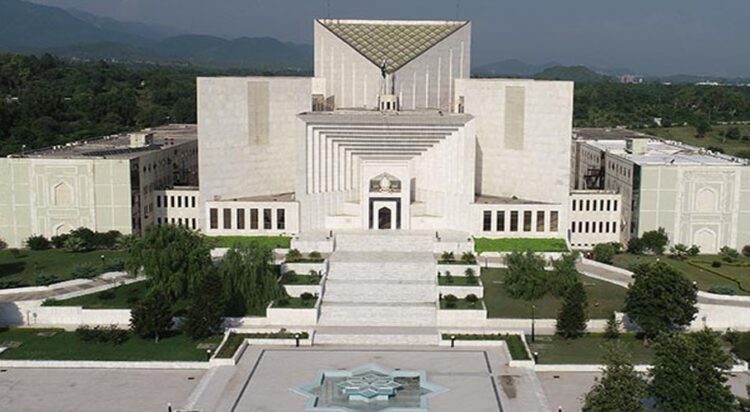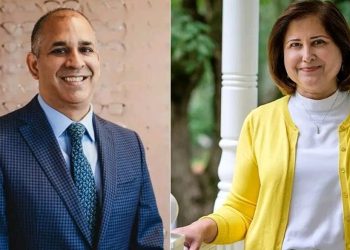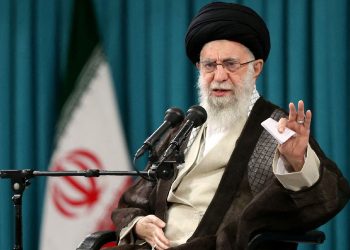The Supreme Court resumed hearing a petition by the Sunni Ittehad Council (SIC), supported by PTI-backed candidates, challenging the denial of reserved seats in assemblies for women and minorities.
The case involves PTI candidates who, running independently due to a previous Supreme Court ruling invalidating their party’s internal elections, subsequently won seats in the National Assembly.
To secure reserved seats, they joined the SIC. However, the Election Commission of Pakistan (ECP) declined to allocate these seats, citing procedural reasons, and distributed them to other parties instead. The outcome of this legal battle could significantly impact the composition of the National Assembly.
What is the point of contention?
The central issue revolves around PTI-backed candidates, who, despite winning the most seats in the National Assembly after running independently due to a Supreme Court ruling against their party’s internal elections, sought reserved seats by joining the SIC.
These reserved seats, allocated based on the number of general seats won by each party, were withheld by the Election Commission of Pakistan (ECP) citing technical reasons.
This decision led to the redistribution of the SIC’s quota among other parties, sparking legal challenges and subsequent judicial interventions that have significant implications for the National Assembly’s composition.
In response to a petition filed by the SIC, a three-member SC panel suspended the PHC ruling on May 6th, with regard to the distribution of reserved seats beyond those previously allotted to political parties.
The ruling coalition lost its two-thirds majority in the National Assembly after the ECP suspended the victory announcements of 77 MPs in compliance with the order of the highest court.
In late May, a full court had been constituted to hear the case, comprising all judges except Justice Musarrat Hilali.

































